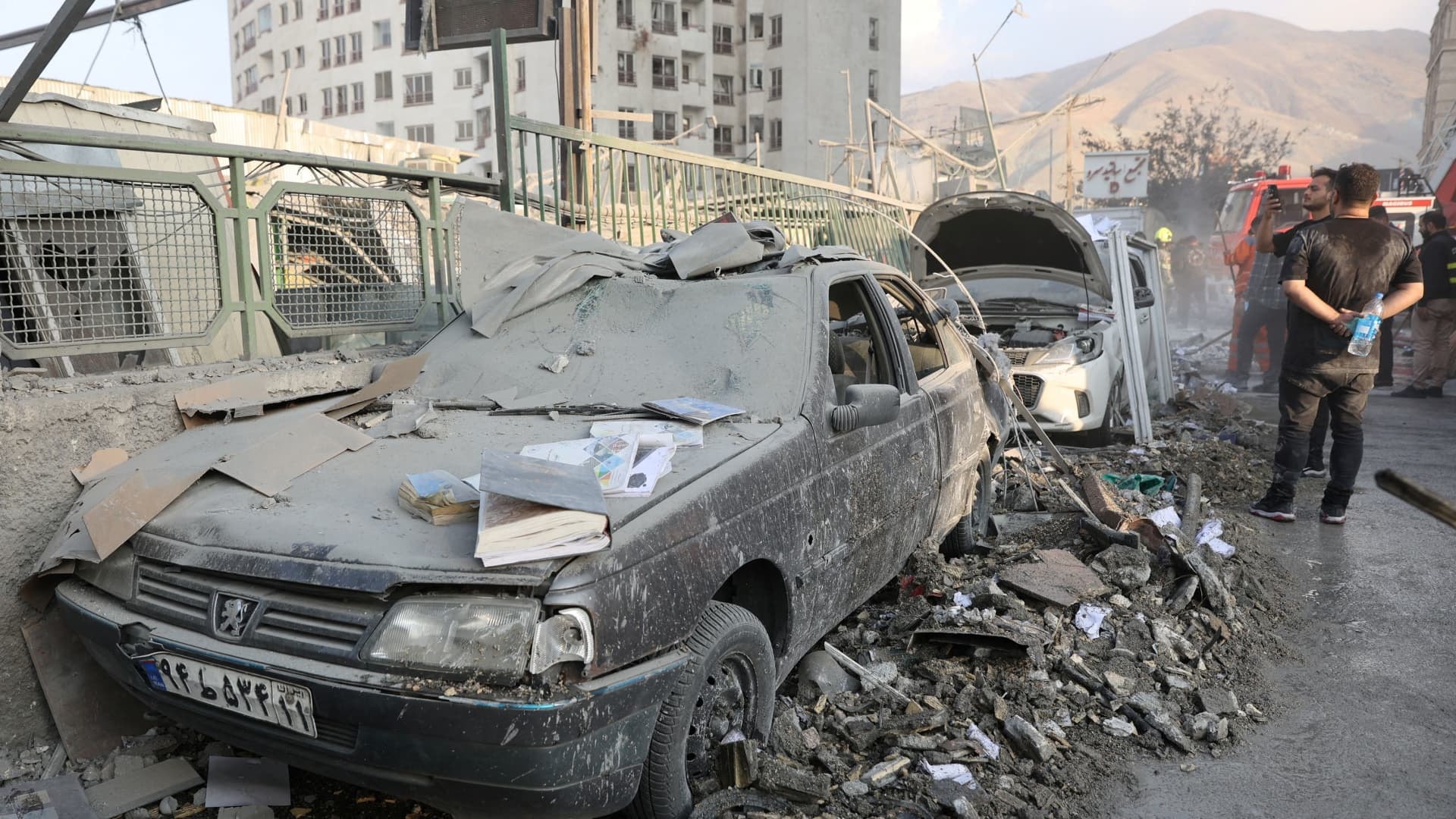Iran confirms damage to Natanz nuclear facility
Iran's Atomic Energy Organization confirmed on June 13 that the Natanz nuclear facility was damaged in an Israeli attack, but no radiation or chemical leaks were detected.

“The attack caused damage to some parts of the facility. Investigations are underway to assess the extent of the damage,” the statement said.
On the same day, Iran criticized the International Atomic Energy Agency (IAEA) for its “silence” in the face of Israeli airstrikes on Iranian nuclear facilities and scientists. The Atomic Energy Organization of Iran said the silence “is a form of complicity with the Zionist regime” and considered it “a failure of the IAEA stemming from unjustifiable shortcomings.”
Shortly afterwards, IAEA Director General Rafael Grossi issued a statement emphasizing that nuclear facilities “must never be allowed to be the target of attack.”
For their part, Israeli officials have revealed the preparations for attacking targets in Iran. Accordingly, Israel has spent years preparing for a campaign against Iran's nuclear and missile programs, including building a drone base inside Iran and bringing precision weapons systems and commandos into the country.
This was a joint operation between the Israel Defense Forces (IDF) and the Israeli intelligence agency Mossasd. Specifically, Mossad spies set up a drone base near the Iranian capital Tehran. The drones were activated on the night of June 12 to attack Iranian surface-to-surface missile launchers targeting Israel.
In addition, Israel also brought modern weapons systems into Iranian territory to neutralize Iran's air defense system, giving Israeli aircraft the ability to control the air and freely operate over Iranian territory.
Also on June 13, the Taliban government in Afghanistan condemned Israel's airstrikes against Iran, calling it a violation of international law and increasing regional instability.
“The attacks that killed military commanders and nuclear scientists are a clear violation of the basic principles of international law, especially state sovereignty,” government spokesman Zabihullah Mujahid wrote on the X platform. He warned that the situation in the region was increasingly fragile and worrying, and called on relevant parties to “solve this issue and prevent the spread of instability in the region.”
The Kremlin also condemned the sharp escalation of tensions between Israel and Iran and expressed concern following Israeli attacks on Iran.
The airstrikes have raised concerns about the risk of a full-scale conflict and affected US-Iran nuclear talks scheduled to take place in Oman this weekend.


